Introduction to Digital Marketing
What is Digital Marketing?
Digital marketing is the promotion of products or services using digital channels such as search engines, websites, social media, email, and mobile apps. For companies, it’s the bridge between brand awareness and measurable business growth in today’s hyper-connected world.
Why It Matters to Businesses
Businesses no longer rely solely on word-of-mouth or traditional ads. Today’s consumers start their buying journey online. If you’re not there, your competitors are—gaining leads, conversions, and loyalty that could’ve been yours.
Why Companies Should Care About Digital Marketing
Changing Consumer Behavior
Consumers now expect instant access to information. They research, compare, and make buying decisions online. If your brand isn’t discoverable during this critical phase, you’re missing out on massive opportunities.
Data-Driven Decision Making
Digital marketing provides real-time metrics. You can track user behavior, understand your ROI, and make data-backed decisions. No more guesswork—just growth.
Digital Marketing vs Traditional Marketing
Cost Efficiency
Traditional methods like print ads or TV spots are expensive. Digital channels like Google Ads or Facebook allow you to start small, test campaigns, and scale as needed.
Performance Tracking
With tools like Google Analytics, companies can measure everything—clicks, conversions, engagement, and more. Traditional marketing? Not so much.
Real-Time Adjustments
If something isn’t working, you can pivot immediately. Traditional campaigns often lock you in for weeks or months without the flexibility to adapt.
Key Components of a Digital Marketing Strategy
SEO (Search Engine Optimization)
Get found on Google. SEO improves your website’s visibility for keywords relevant to your business.
Content Marketing
Educate and engage your audience with valuable content—blogs, whitepapers, and videos that solve real problems.
PPC Advertising (Pay-Per-Click)
Drive targeted traffic instantly through Google Ads, Bing Ads, and social platforms like Facebook or LinkedIn.
Email Marketing
Nurture leads with personalized email campaigns. It’s still one of the highest ROI channels available.
Social Media Management
Be where your customers hang out—build relationships, answer questions, and share your brand story.
Benefits of Hiring a Digital Marketing Agency
Access to Expert Skills
Agencies bring experienced professionals in SEO, content, design, ads, and analytics—so you don’t have to hire each role individually.
Time & Resource Optimization
Focus on your core business. Let the agency handle the digital game.
Scalable Campaigns
Need to grow fast? Agencies can ramp up efforts across multiple channels without missing a beat.
Common Misconceptions About Digital Marketing
“It’s Just Social Media”
Nope. While social is key, digital marketing includes email, SEO, PPC, analytics, and content marketing too.
“Anyone Can Do It”
Tools are accessible, yes—but effective strategies require expertise, creativity, and data interpretation.
Signs Your Company Needs a Digital Marketing Agency
- You’re not ranking on Google
- Your website isn’t converting visitors
- Social media engagement is stagnant
- Your competitors are outranking you
- You don’t have time for marketing
How to Evaluate a Digital Marketing Agency
Portfolio and Case Studies
Check past results. Do they have experience in your industry?
Client Testimonials
Look for consistency in service and performance through reviews and references.
Pricing Transparency
Clear packages and honest billing practices are a must.
Service Scope
Make sure their services align with your goals—SEO, PPC, design, content, analytics, etc.
Red Flags When Choosing an Agency
- They promise instant results
- They don’t offer reporting or transparency
- They use generic strategies with no customization
- Communication is poor or inconsistent
What to Expect Working With an Agency
Onboarding Process
Good agencies take the time to learn your business, market, and goals.
Setting KPIs
You’ll agree on measurable goals—leads, traffic, engagement, or revenue.
Regular Reporting
Expect monthly (or even weekly) updates with clear, actionable insights.
Budgeting for Digital Marketing Services
Factors That Influence Cost
- Your industry
- Project scope
- Desired speed of results
In-House vs Agency Costs
Hiring a full-time team can be more expensive than outsourcing to an agency—especially when you factor in salaries, tools, and training.
Building a Long-Term Digital Marketing Partnership
Communication & Collaboration
Frequent updates, strategy calls, and alignment on goals build trust and efficiency.
Agility & Innovation
A good agency stays ahead of trends and keeps your strategy cutting-edge.
Digital Marketing Trends Companies Should Watch
- AI-driven chatbots and personalization
- Voice search optimization
- Video content on platforms like TikTok and YouTube
- Automation tools that scale campaigns faster
Case Study: Success Story of a Business Using an Agency
Client: A mid-size B2B software firm
Problem: Declining leads from traditional sales methods
Solution: Partnered with an agency for SEO, PPC, and content
Results: 3x lead volume in 6 months, 40% lower cost per lead, improved brand visibility
FAQs About Hiring a Digital Marketing Agency
1. How do I know if a digital marketing agency is legit?
Look at their case studies, reviews, and whether they practice what they preach (e.g., their own online presence).
2. Should I hire a full-time marketer or an agency?
It depends on your goals, budget, and timeline. Agencies provide a broader skill set and flexibility.
3. What’s a fair monthly budget?
Budgets vary, but small to medium businesses often spend $2,500–$10,000/month depending on needs.
4. How long before I see results?
SEO can take 3–6 months, PPC yields faster results. Content builds long-term authority.
5. What if the agency doesn’t deliver?
Set clear KPIs and use contracts with performance reviews to hold them accountable.
6. Can I do some digital marketing in-house and outsource the rest?
Absolutely! Hybrid models often work best for balancing control and expertise.
Conclusion: Getting Started With Digital Marketing the Smart Way
Digital marketing isn’t optional anymore—it’s essential. Whether you’re just starting or looking to scale, partnering with the right digital marketing agency can bring expert insights, scalable solutions, and real ROI to your company. Start by evaluating your current strategy, defining your goals, and choosing an agency that aligns with your vision.





